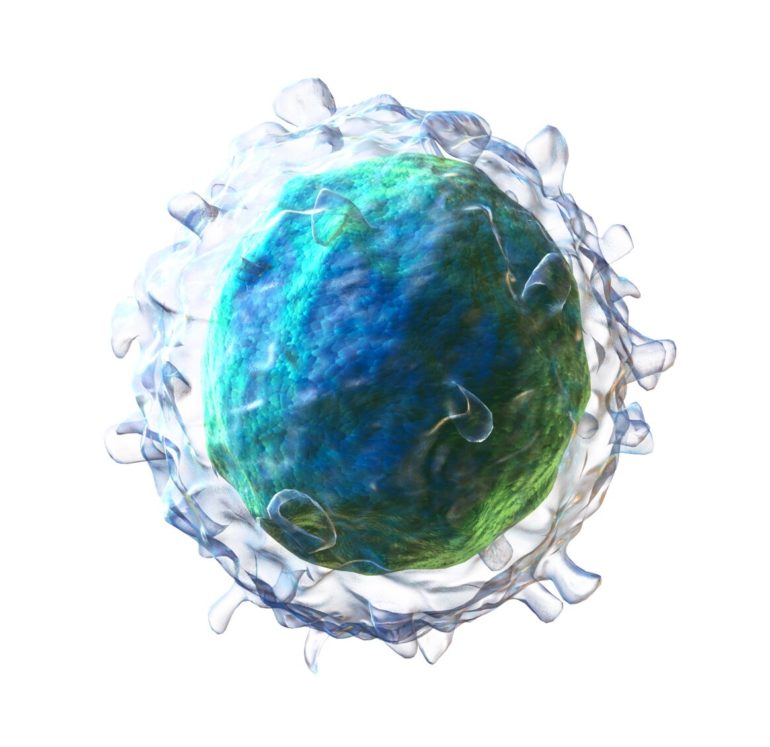A team of researchers affiliated with institutions in the U.S., Cambodia and France has found an association between antibody afucosylated immunoglobulin levels in the blood and the severity of dengue—and possibly COVID-19. In their paper published in the journal Science, the group describes their study of the antibodies and what they learned about them. Ruklanthi de Alwis and Eng Eong Ooi with the Duke-NUS Medical School in Singapore have published a Perspectives piece in the same journal issue outlining prior work involved in studying the antibody Fc domain and the work done by the team in this new effort.
As de Alwis and Ooi note, most research involved in studying antigens is focused on the “V” part of “Y” shaped antigen molecules, while little has been done with the tail, which is called the Fc domain. In this new effort, the researchers looked at sugar molecules associated with the Fc domain and their connection to the severity of dengue and COVID-19.
In humans, antibodies are created by B cells—the most abundant kind is immunoglobulin G (IgG). Prior research has shown that patients with severe dengue symptoms tend to have an associated increase in afucosylated (a state of antibody-dependent cellular cytotoxicity) IgG1 glycoforms (types of saccharides) in their blood. Until now, it was not known if such increases came about due to dengue infection or if it was a preexisting condition that may have led to more severe symptoms of the disease.
To find out, the researchers looked at the binding regions on both the Fab (the V part of the Y) and the and the Fc domains on antigens from patients before and after infection who had variable symptom severity. They found that those patients who developed more severe symptoms had higher levels of afucosylated immunoglobulin levels in their blood soon after infection than did patients with less severe symptoms. This finding suggests that testing for such levels in patients infected with dengue could provide doctors with a means for figuring out which of them will develop more serious symptoms. The researchers also note that dengue and COVID-19 share a common pathology and because of that, testing for IgG1 glycoform levels may also serve as an indicator of symptom severity in COVID-19 patients.
New evidence shows second dengue infection can be more severe due to antibody levels
More information:
Stylianos Bournazos et al, Antibody fucosylation predicts disease severity in secondary dengue infection, Science (2021). DOI: 10.1126/science.abc7303
Ruklanthi de Alwis et al, Antibody sugars are bittersweet, Science (2021). DOI: 10.1126/science.abj0435
2021 Science X Network
Citation:
Afucosylated immunoglobulin found to be a possible indicator of severity of dengue and COVID-19 (2021, June 4)
retrieved 6 June 2021
from https://medicalxpress.com/news/2021-06-afucosylated-immunoglobulin-indicator-severity-dengue.html
This document is subject to copyright. Apart from any fair dealing for the purpose of private study or research, no
part may be reproduced without the written permission. The content is provided for information purposes only.



